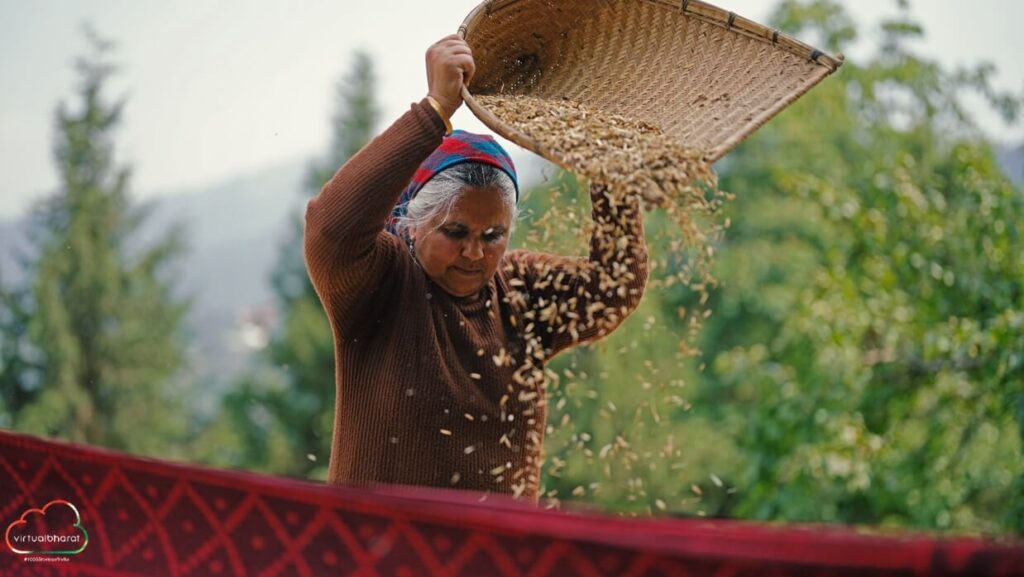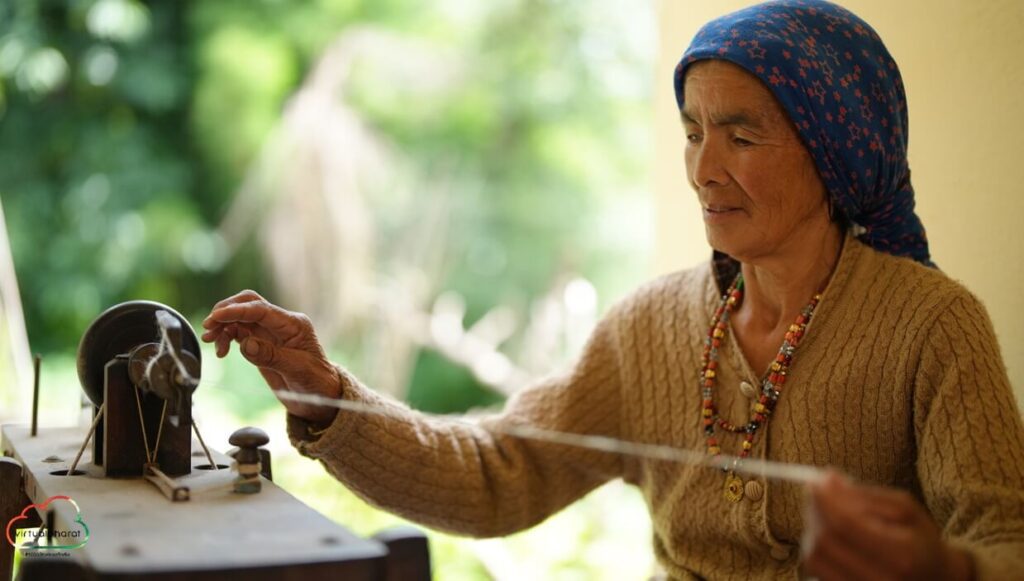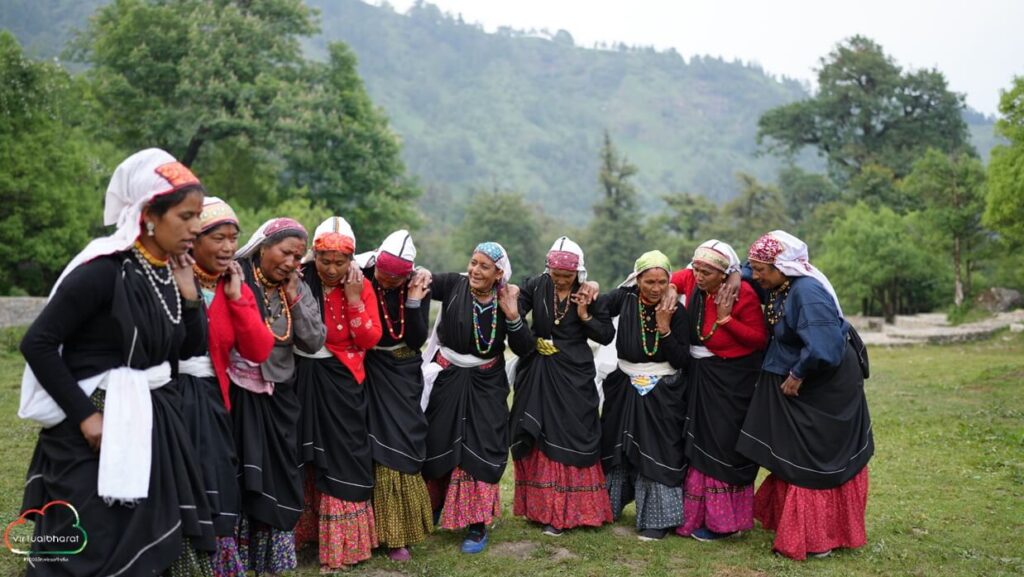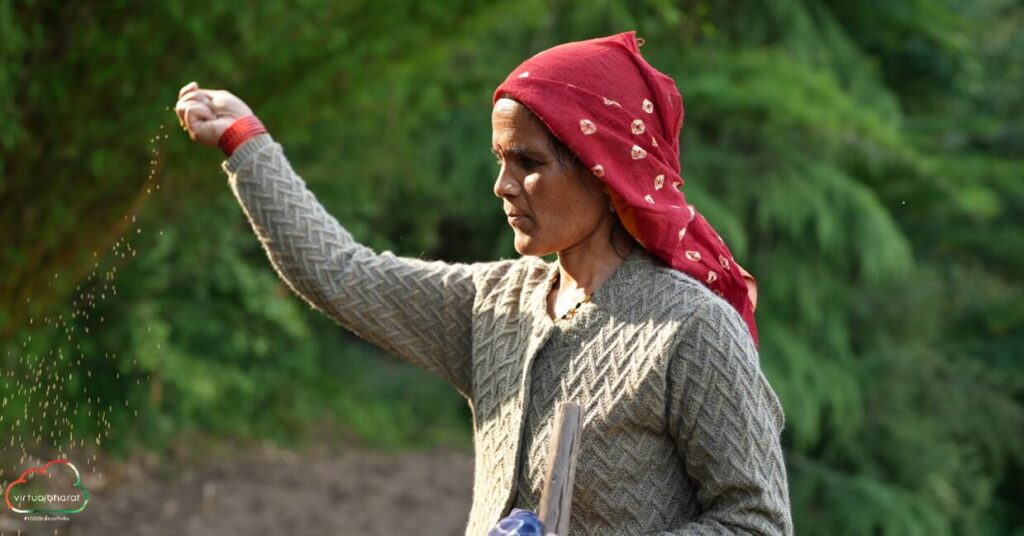Women Of Munsiyari
What makes a force unstoppable?
Ask the women of Munsiyari, and you will hear stories of being stopped all their lives. From playing. From going to school. From working. From moving around freely.
And yet, from this grim saga of deprivation emerges something unexpected – a renaissance of the spirit, unleashed by the forest they consider their maika or natal home.

It is a timeless ally, a confidante, witness to both joy and pain, its breeze carrying their laughs to destinations unknown, its solemn trees bowed to share in their grief.
These women draw much more than comfort from their silent guardian. It gives them a voice, a chance to make a difference.
When the British Raj summarily annexed India’s forest lands in the 19th century, they turned its inhabitants into thieves and encroachers overnight. The protests that erupted in response culminated in a successful restoration of community ownership. The movement brought into existence Van Panchayats – forest councils of the people, by the people and for the people.

Van Panchayats have now been custodians of these Himalayan forests for over a century. And leading them is a group of determined women who have sworn to patrol, preserve and protect the forest that nourishes them.
Malika Virdi, founder of the Maati Sangathan, the women’s council behind the grassroots revolution, underlines the role of an independent income in enabling female agency. As the women harness traditional skills like weaving and farming, their stature as earning members of the household lends legitimacy to their wider worldview.

The sisterhood weathers new challenges every day. With their chowkidar belts clipped around their waists, the women walk the forest as formidable guardians, ready to meet any threat head on – be it a petty thief or a mega-corporation. Inspired by the Chipko movement of the 1970s, they are prepared to cling to any tree in danger of being felled.
“We will not look away,” they cry. “We will not back down.”
It is a motto they carry to every aspect of their lives, from fighting to keep the meadows and water bodies alive, to waging wars against suffocating orthodoxy.

Thus, the spirit of the forest makes its way into these unassuming homes and hearths, where the daughters of the mountains have begun to chip away at generations of prejudice and oppression.
Nestled in the green womb of Munsiyari, they have learnt to be truly unstoppable.
As their destinies entwine, the women of Munsiyari know one thing for certain: if the forest thrives, so will they.
